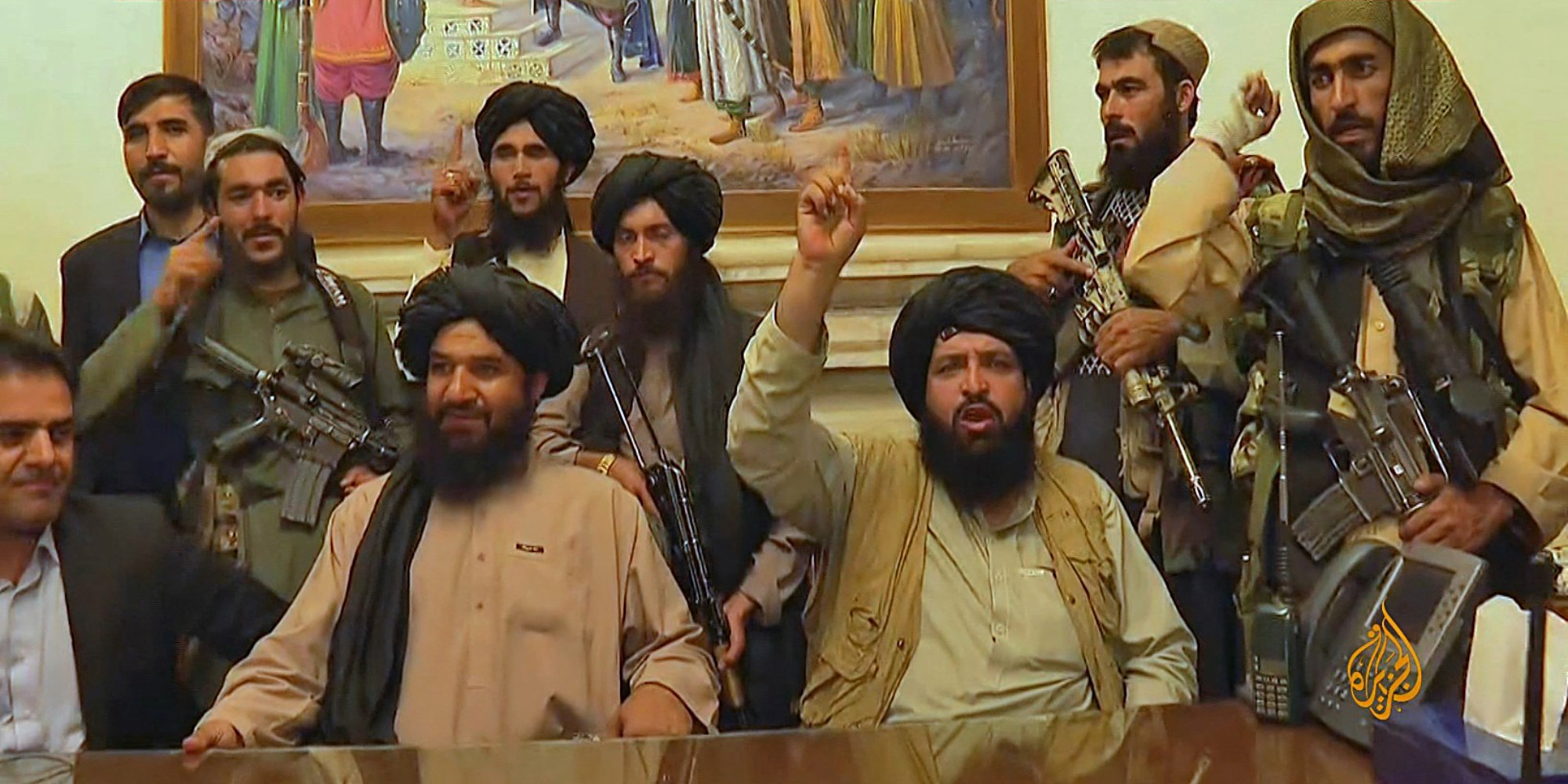It has been two years since the Taliban took power in Afghanistan, pushing France to increase pressure on the military and religious organization. The fate of the country’s inhabitants is of primary concern, in the face of the broken promises made by the Taliban authorities to establish a more flexible regime.
France intends to increase pressure on the Taliban, in power for two years in Afghanistan, to improve the lot of the inhabitants of this country, in particular that of women. “We continue and will continue to use all the levers at our disposal to seek to improve the lot of Afghans and Afghans by increasing pressure on the Taliban,” the Ministry for Europe and Foreign Affairs said in a statement on Tuesday. .
“Despite their commitments, it is clear that the decisions taken by the Taliban over the past two years illustrate their failure to respect the expectations of the international community formulated by resolution 2593 of the United Nations Security Council”, he said. he adds. A group of UN experts denounced Monday the broken promises made by the Taliban authorities to establish a more flexible regime than the one they had put in place during their first passage in power, from 1996 to 2001.
“France will not compromise on the rights and freedoms of Afghan women”
“Despite the assurances given by the de facto Taliban authorities (…) the facts on the ground have demonstrated the existence of an accelerated, systematic and global system of segregation, marginalization and persecution”, pointed out these experts. “France will not compromise on the rights and freedoms of Afghan women. It reiterates (…) its strongest condemnation of the violations of the rights of women and girls by the Taliban, in particular the decision taken in December 2022 to ban women to go to university and work in NGOs,” the ministry said.
“We call on the Taliban to reverse these unacceptable decisions, which exclude half of the Afghan population from the public sphere and jeopardize the country’s prospects for economic and social development,” continued the Quai d’Orsay.
